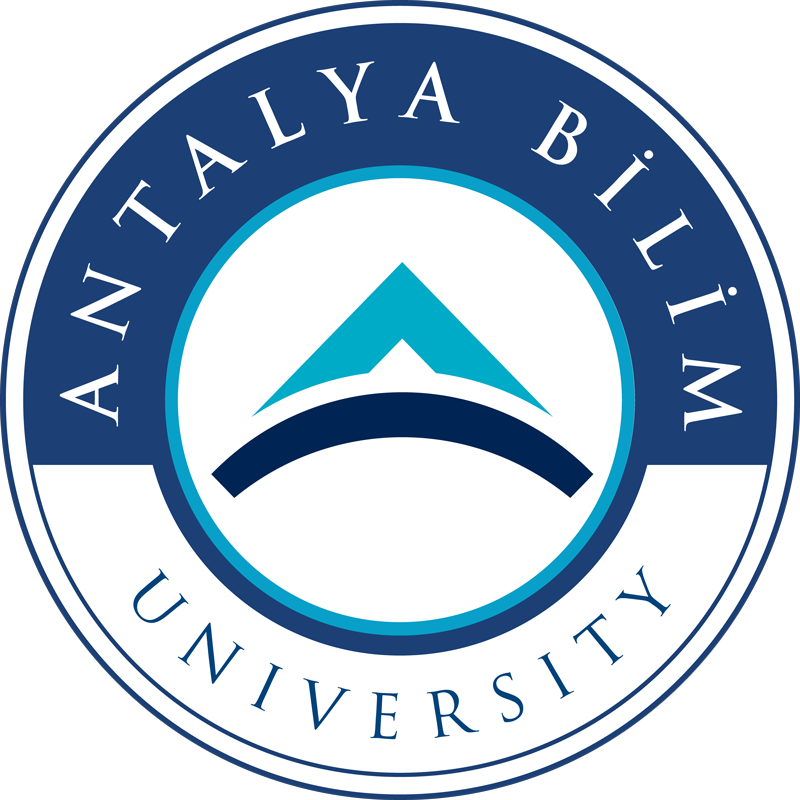Hasan Özdoğan completed his bachelor’s degree in Physics at Ankara University's Faculty of Science in 2010. He earned his master's and PhD degrees from Süleyman Demirel University's Department of Nuclear Physics in 2012 and 2017, respectively. In 2013, he was appointed as a research assistant at Akdeniz University Medical Faculty's Department of Biophysics, where he also began his second doctoral studies.
During his PhD in Nuclear Physics, he focused on the mechanisms of equilibrium and pre-equilibrium nuclear reactions, and his postdoctoral research involved the production methods of radioisotopes used for diagnosis and treatment, as well as deriving nuclear data using artificial intelligence. In the field of Biophysics, he worked on the mathematical modeling of action potentials and ion channels. Additionally, during his Biophysics doctorate, he participated in projects under TUBITAK 1001 titled "Telescentric Hyperspectral Imaging for the Detection of Cervical Neoplasms" and TUBITAK 3501 titled "Investigation of Ventricular Cardiomyocyte Action Potential Dynamics through Mathematical Modeling and Dynamic Clamp." He has published 52 articles in internationally recognized scientific journals (Science Citation Index-SCI and SCI-E) and 19 articles in international/national peer-reviewed journals on nuclear reaction mechanisms, radioisotope production methods, radiation shielding, and electrophysiology. He has presented 48 papers at the International Scientific Congress and 15 papers at the National Scientific Congress. He has served on the organizing committees of 2 international symposiums and 1 workshop and is currently involved in 3 ongoing COST projects.
Between 2021-2023, he served as the Head of the Medical Services and Techniques Department and as the Assistant Director of the Vocational School of Health Services from 2021 to January 2024. He is currently an Associate Professor at Antalya Bilim University Vocational School of Health Services, Medical Services and Techniques Department, Medical Imaging Techniques Program.
Research Areas
Specific and General Nuclear Reactions,
Radioisotope Production Methods,
Nuclear Reaction Simulation,
Monte Carlo Simulation of Radiation Shielding,
Radiation Shielding,
Biophysics,
Computational Neuroscience,
Ion Channels

.jpeg)